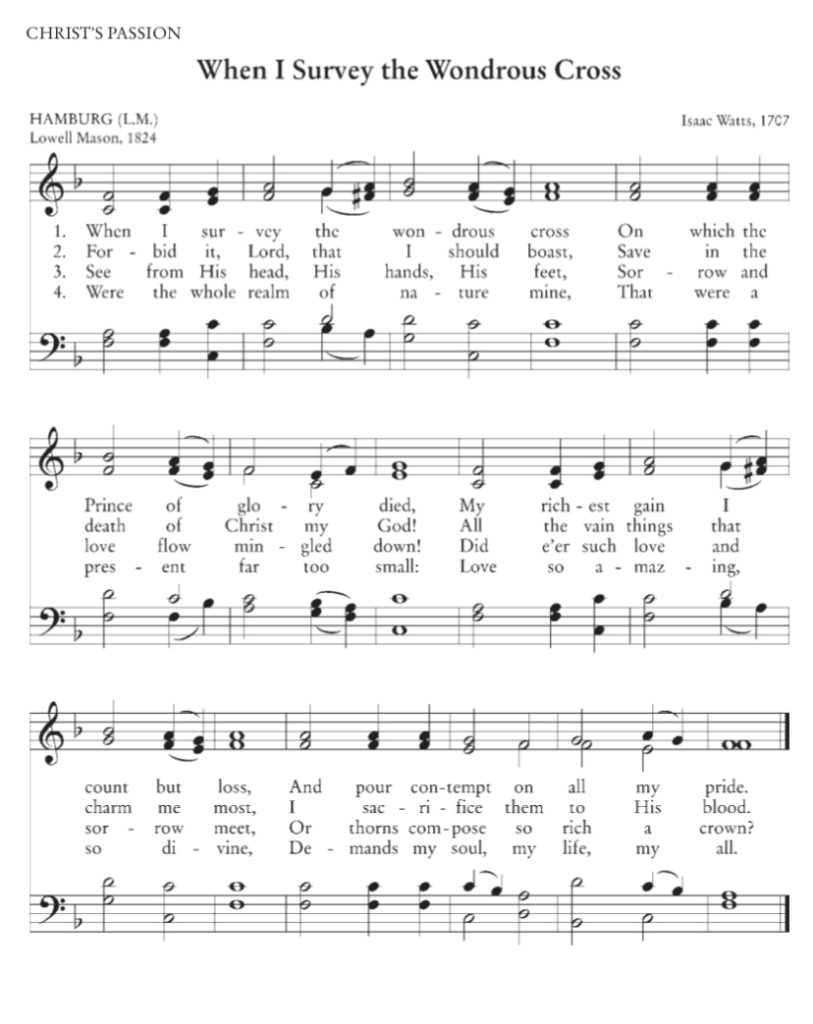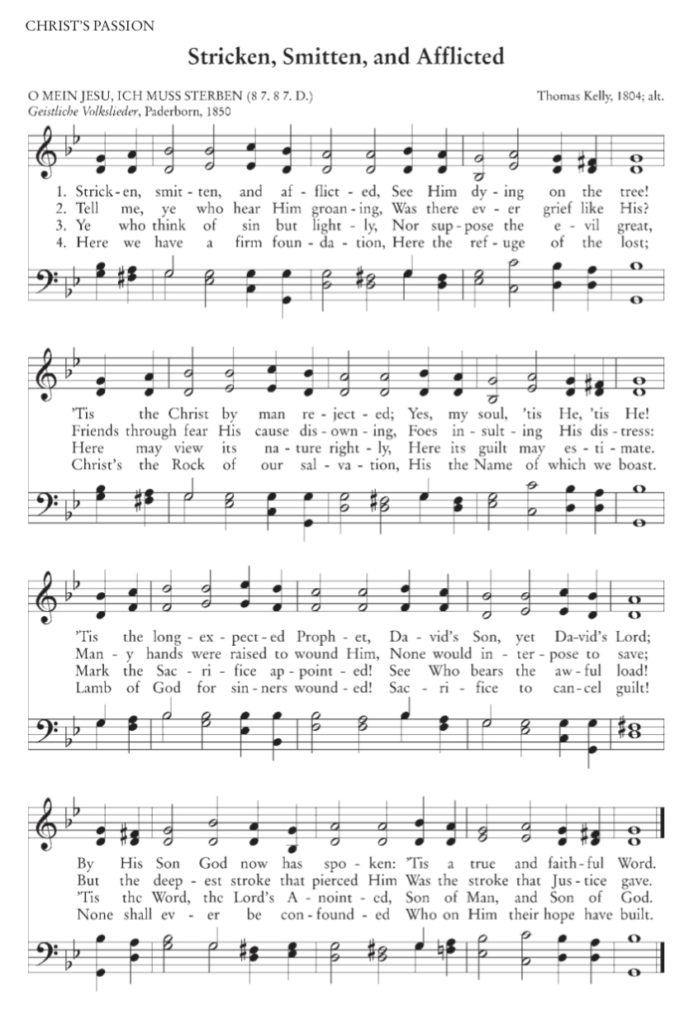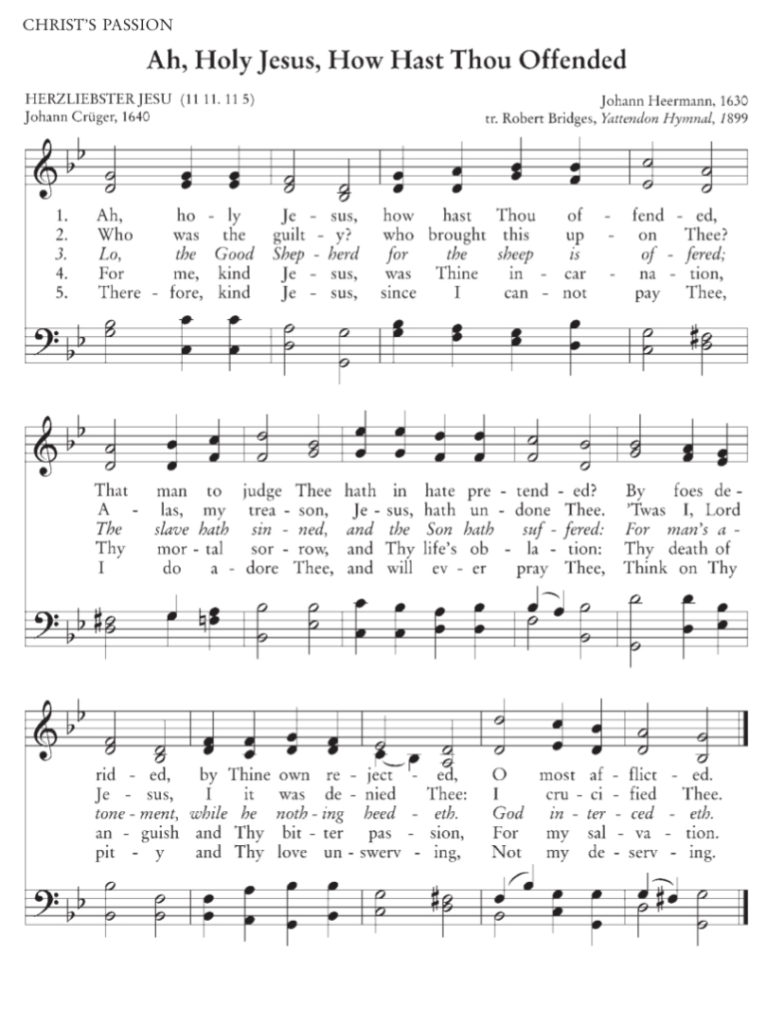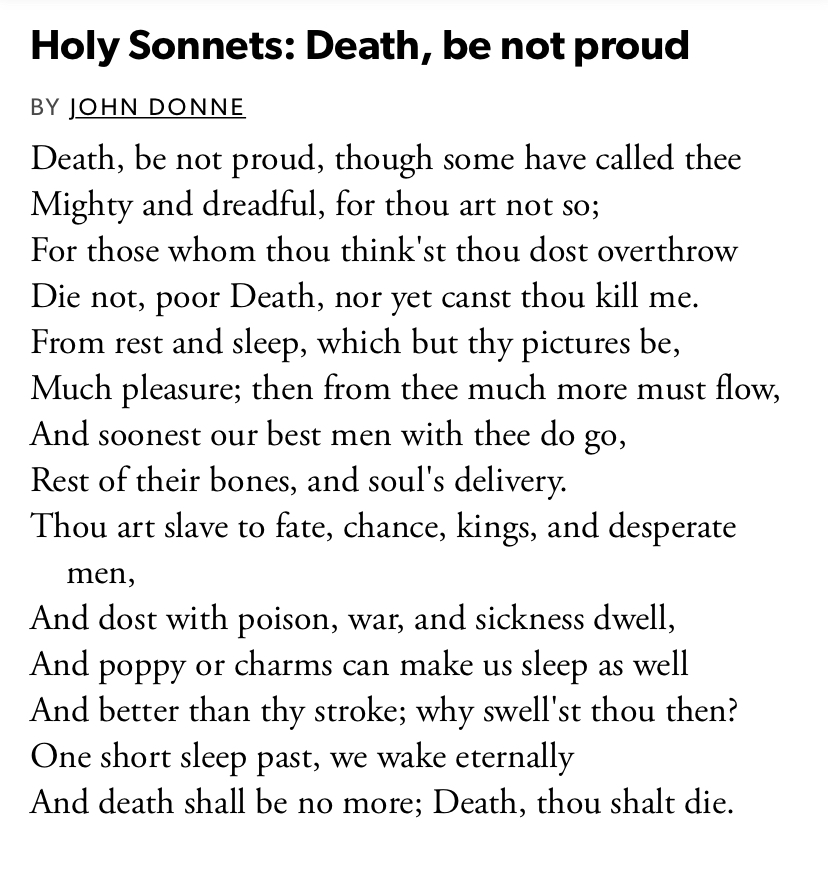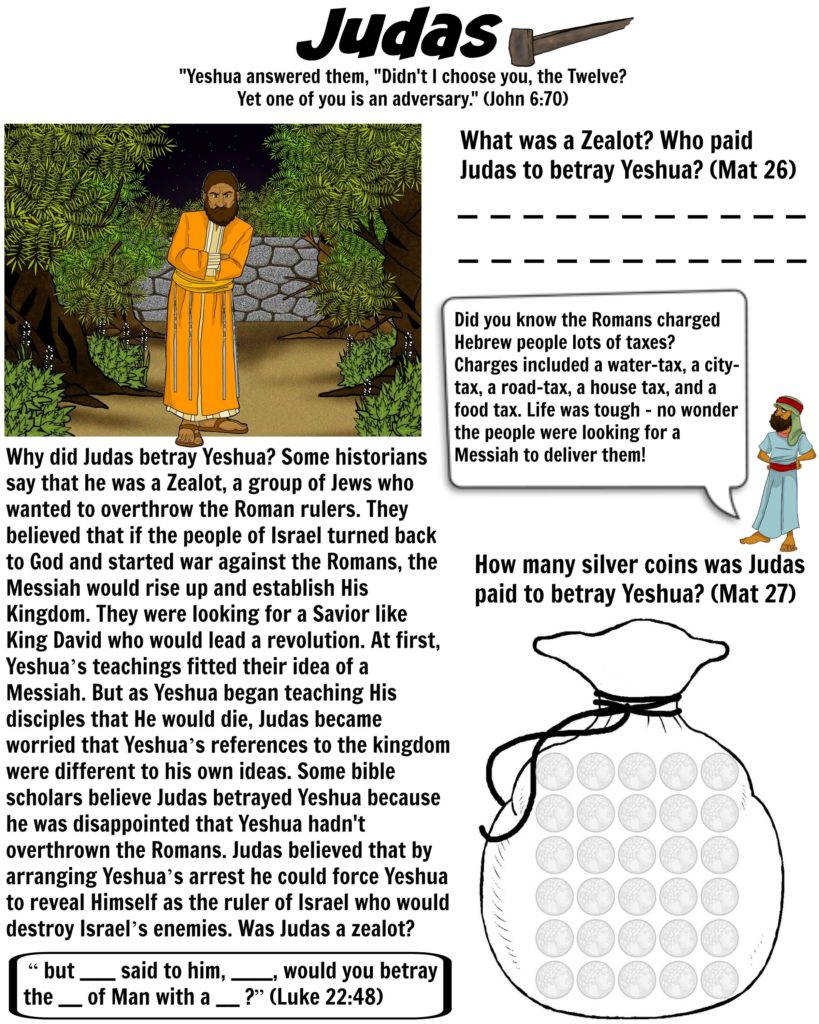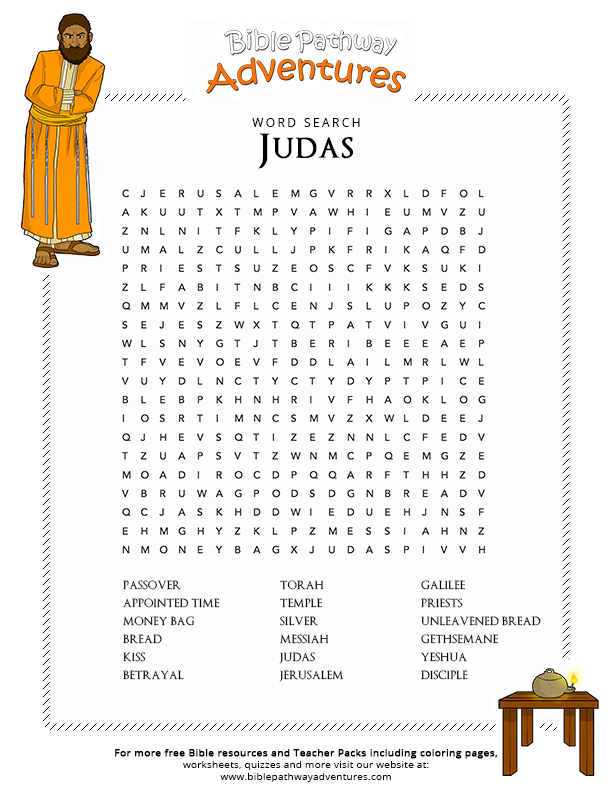One of the questions I have frequently been asked boils down to how do you keep track of everything? This can really be the make it or break it sticking point, I think. I have always loved lists: shopping lists, checklists, to do lists… you name it, if I can make a list for it, I will love it better. And when I love something better, I have more confidence and feel like I am doing a better job. (I probably AM doing a better job, to be honest.) So I have learned to make documents in Word just to keep track of stuff (having it on a laptop, which was a business expense, is really helpful), and I keep smaller versions in the Notes app in my phone. I try really hard to diligently keep the two synced and current. Having both not only gives me two places to put updates but gives me a double layer of accountability. That’s like my low tech backup hack.
This goes for Paideia Northwest (the annual conference) as well as Paideia Studies (the weekly homeschool co op). I know it is hard to get a handle on what kind of documents and lists are helpful without seeing it yourself, so I’ll try to briefly step through some of the main ideas. I will have visuals and printables through a Scholé Sisters workshop this summer, so that might be a great place to connect with me if you want the real inside scoop.
CO OP ORGANIZATION:
One of the best things I learned at a previous co op was the trick of using GoogleDrive to organize everything and give all the co op families access to all the necessary things… including all the weekly homework. It took me a solid six months to catch on to how to best utilize the Drive myself, but by then I was absolutely hooked. I think the moms at Paideia Studies had a similar experience to that! Once you get the hang of it, it really streamlines things.
We have folders there on a shared drive for Formal Documents, Current Details, Weekly Homework (which is then divided up by class), Moms’ Meeting Agendas/Minutes, and Curriculum Assets (essentially where we can keep lesson plans from previous years so we don’t have to recreate the wheel each time we do Latin Primer A or Story of the World Volume 3, for example).
When it comes to administrating the co op, I have formal documents in that folder on the Drive such as:
– Family Interview
– Visiting Family Feedback
– Application
– Family Agreement
– Intent to Return
– Philosophy Statement and Links
– Sample Scope & Sequence
– Official Handbook (that’s a 24 page document, in case you wondered)
And then I also have a folder of current documents on the Drive which will change prior to each new school year, including:
– current directory (a version with a family picture, as well as a simple text version)
– current student list (organized by date of birth)
– class rosters
– cleaning duties sign-up sheet
– playground supervisory sign-up sheet
– birthday list organized by month
– class schedule
– year’s calendar at a glance
– curriculum & supply list for current year
– financial reimbursement request page
– reimbursement receipt page
– there’s a folder we call Year’s Pics for everyone to upload any co op pictures to throughout the year so we can make a fun slideshow super simply to share at our celebration at the end of May.
Communicating with all the co op families takes multiple forms as well. We have a group text that we all just kind of keep going, and we inform one another that way of anything pertinent. I open every co op day’s morning Collective with announcements to make sure everyone is aware of any assignments or delegations or substitutions. Then within 24 hours after that, I make sure to send a recap email to everyone which reiterates any announcements and includes links to anything shared in Collective or in classes (if a teacher texts me a link to share for a resource or article or YouTube video, for instance). And then at the monthly moms’ meetings we start with “business” after an opening prayer in order to communicate in a clear and straightforward manner anything that needs to be shared with all the co op families, especially if there are any upcoming events or class changes or deadlines.
Speaking of the moms’ meetings, that took some real iteration and practice! I had never been taught how to lead a meeting before, and I sort of took it for granted that it would just happen naturally. I learned quickly that nobody can read my mind and my tendency toward not wanting to hurt anyone’s feelings or crush anyone’s excitement made it hard to stay on track. While the meetings were supposed to end between 9 and 9:30, the first few meetings went well past ten and we’d stay around fellowshipping closer to eleven. In retrospect, I should not have been surprised: throw ten women in a room together and try to have them all on the same page working toward the same goals at the same time… and you’ll quickly find that it takes a long time to accomplish anything even with the best of intentions. I think it was the month of February where I finally listened to the counsel of our Board (which is made up of three co op dads from different churches and with different aged kids – it just helps with plurality), which was to structure the meetings more officially and business-like and according to a set pattern. It was way outside my comfort zone to do that! But now that we have done it that way three times, and we have ended on time… I can see the validity of their recommendation.
I read a short Scripture and open in prayer, and then the Steering Committee (a couple co op moms from different churches and with different ages/stages of kids – again for plurality and a broad range of experience/input) presents the Business portion. Anything that is just relaying of information from the leadership of the co op isn’t up for discussion or debate (clarification is always okay, obviously), but discussion points are marked on the agenda by an asterisk* so everyone knows they can interject or offer another viewpoint or idea. Then we have a Scholé Moment, where we ponder and discuss something true or good or beautiful. I pick a different thing each month: a poem, a hymn, an article, a chapter of a book… and the moms have it ahead of time to read and ponder, if they want. Or they can just listen at the meeting, as I try to have it be something short enough that we can simply read it aloud when we are together. Then we have a Hot Tip open forum in case anybody has a pressing need for something, or stumbled upon a neat item or hack or event or whatnot in the last month. It has been a recipe, an Amazon link to a skirt, or checklist suggestions at various times. Then we share prayer requests and pray aloud for one another. We don’t tend to skimp or cut it short. If someone needs to leave, and it gets past 9:30, then they are free to just slip out at that point. There’s no pressure to stay past the predetermined time of 9:30. And then after prayer, we fellowship until we need or want to head home. I frequently don’t get home until 11pm give or take, because I am the one who opens and closes the building, in general. I am also usually the one who brings tea or sparkling water and something to munch on: cheese and crackers, chips and salsa, chocolates and bruschetta… but we don’t always have to have food. However, since a lot of the moms seem to head out to the meeting without stopping to eat dinner with their families, it tends to seem like a blessing to have at least a little something munchy to offer. And everyone knows that if they want to volunteer to bring snacks or drinks, they are always welcome. Our next meeting is on Cinco de Mayo, so I might just put out a little request that anybody can bring anything Mexican themed just for fun. 🙂 I’m planning to bring a layered Mexican dip with chips, plus churro cookies (using this recipe).
This is again another place for striking balance between business and fellowship. Constant iterating has been my experience up until this point, but I feel like we are just now getting the hang of it.
Administration of something like a ten-family co op (which included 45 kids this year) does include a lot of front-end groundwork in order to make it the most smooth as possible month by month. Last summer felt like a crazy whirlwind as I tried to research different ways of accomplishing these administrative tasks without any kind of instruction or teaching on the subject! And this spring I have tried to recreate the necessary things in preparation for next year so that I don’t have to spend all summer on those things, and so everyone has the information well in advance so everyone (not just me) can prepare well.
What I do plan on spending my summer doing in relation to Paideia Studies is preparing all 31 weeks of Collective, and printing up copies and getting them bound. I would like to print the black and white pages at the library (because I can print 80 pages per week per library card at our county library… I pay taxes, so I might as well use the paper & ink they buy!), and then will get the art study pages done more nicely – at a copy shop or something (I printed them on my home color printer this year, and don’t plan on doing that again in the future).
I also try to do lesson planning during the summer so that it is easier week by week to implement teaching and homework assignments, as well as to have things already prepped in case we get sick or have a family emergency or something. Every class has a “teaching assistant” assigned to it, which means that if the teacher is absent for any reason, the assistant steps in to take over the class. Because they are in that class every week, they are already up to speed on what’s going on, and it really is a smooth ordeal for subbing.
In case anybody wonders, yes, I have already started lesson planning for the next school year… but that’s really only possible because I already finished (and uploaded all the lesson plans and homework to the Drive) all the prepping and planning for this current school year. I don’t know about you, but I prefer planning generously ahead of time. It makes me a more cheerful, patient person – and everybody appreciates that.


